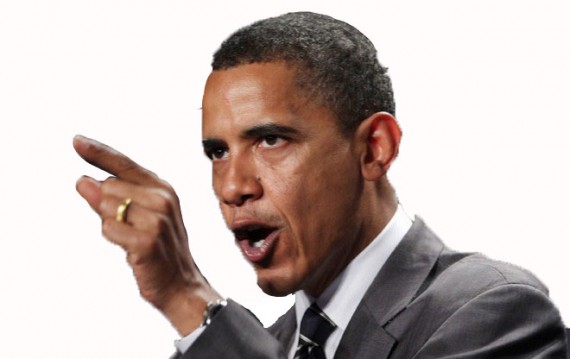
WASHINGTON — The United States believes Zimbabwe’s recent election was flawed and it doesn’t plan to loosen sanctions against President Robert Mugabe’s government until there are signs of change in the country, the State Department said on Monday, despite an endorsement of the vote by Sadc leaders.
Reuters
Mugabe, who has ruled Zimbabwe since independence from Britain in 1980, is set to be sworn in as President as early as this week, extending his 33-year rule of the country after winning the July 31 election.
The 15-nation Sadc, which helped broker a power-sharing deal after disputed elections in Zimbabwe in 2008, backed Mugabe’s re-election on Sunday.
“The United States stands by our assessment that these elections, while relatively peaceful, did not represent a credible expression of the will of the Zimbabwean people due to serious flaws throughout the electoral process,” State Department spokesperson Jen Psaki said.
“We have made it clear to the government of Zimbabwe and the region that a change in US sanctions policy will occur only in the context of credible, transparent and peaceful reforms that reflect the will of the Zimbabwean people.”
The opposition MDC-T led by Morgan Tsvangirai on Friday dropped its court challenge to Mugabe’s win, saying it doubted it would get a fair hearing.
The Zimbabwe Election Support Network said registration flaws may have disenfranchised up to a million people out of 6,4 million registered voters.
- Chamisa under fire over US$120K donation
- Mavhunga puts DeMbare into Chibuku quarterfinals
- Pension funds bet on Cabora Bassa oilfields
- Councils defy govt fire tender directive
Keep Reading
The United States imposed sanctions on Mugabe in 2003. The sanctions, which ban more than 250 Zimbabwean individuals and companies from doing business with the United States, were extended in 2009.
Mugabe is Africa’s oldest leader.
Psaki said it was “feasible” that the US could review sanctions toward Zimbabwe if conditions in the country improved, but for now they would remain.
Soon after his nomination as Secretary of State, John Kerry wrote to Mugabe outlining the US position on elections and the opportunities it provided for the country.
The US had said it was willing to roll back sanctions and expand trade and investment if elections were conducted in a free and credible environment.










